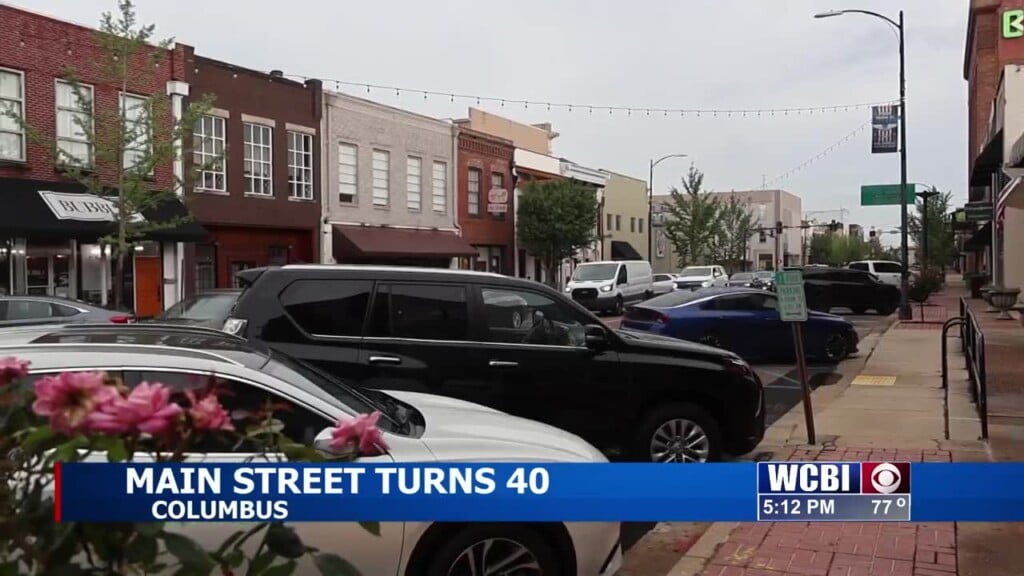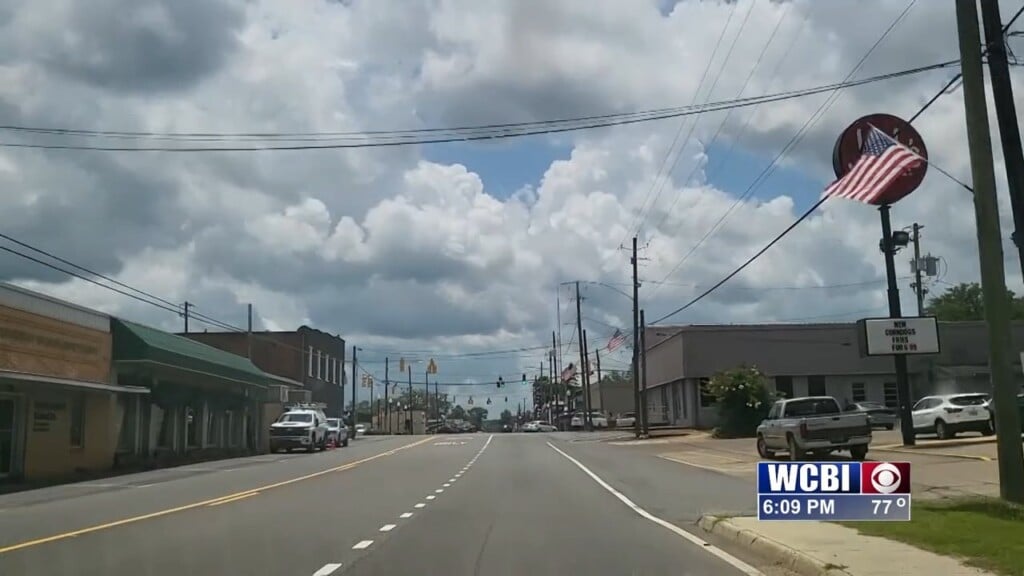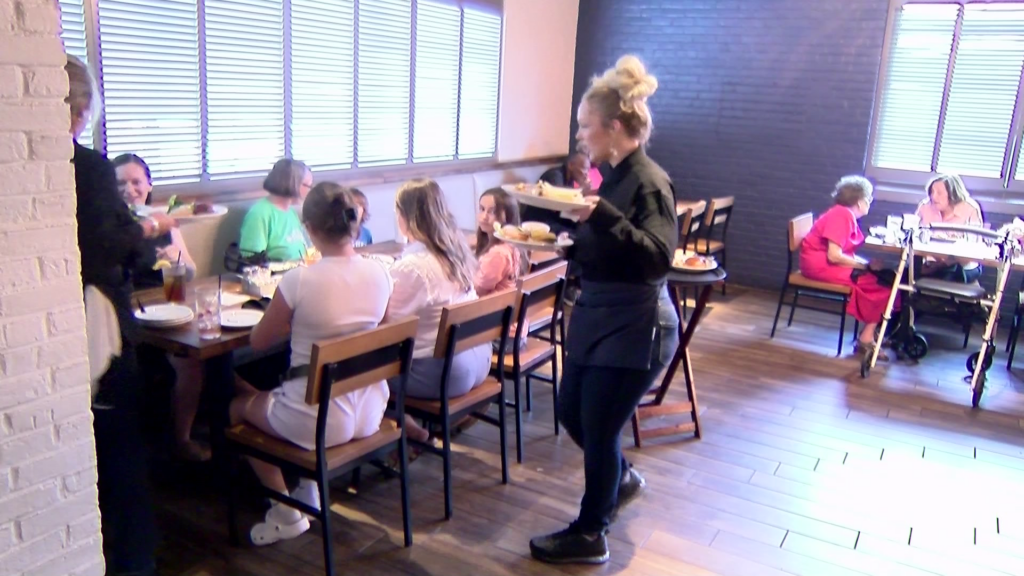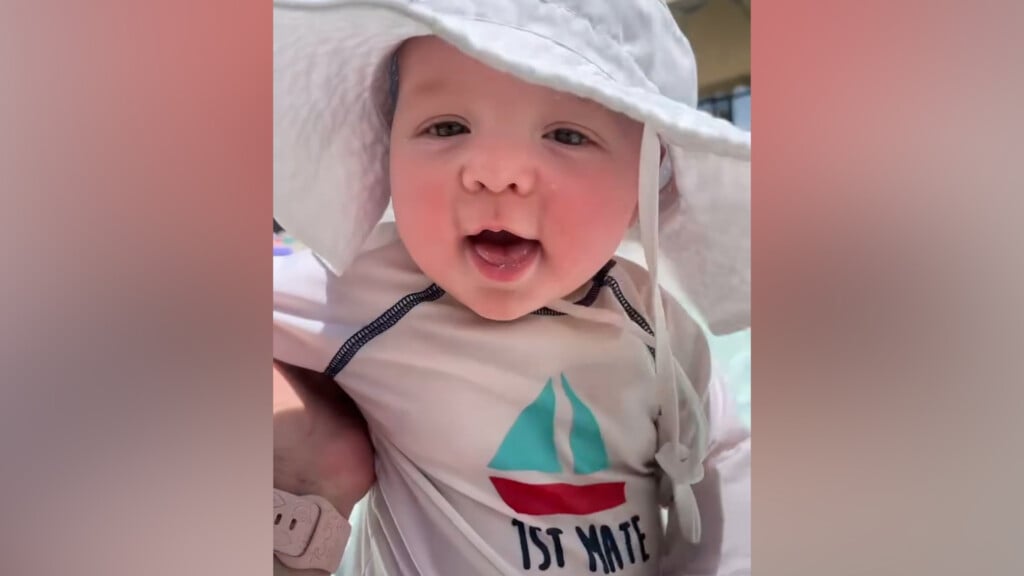What’s next for candidates who didn’t make the September debate?
In September, only ten candidates will take the stage for the third Democratic presidential debate after more than half the field of 2020 presidential hopefuls failed to meet the donor and polling requirements to participate by Wednesday’s deadline.
The Democratic National Committee announced Thursday that ten candidates qualified for the debate slated for September 12 in Houston. They include Joe Biden, Cory Booker, Pete Buttigieg, Julian Castro, Kamala Harris, Amy Klobuchar, Beto O’Rourke, Bernie Sanders, Elizabeth Warren and Andrew Yang. That leaves 10 candidates scrambling to figure out what’s next for their campaigns.
With an unprecedented number of contenders for the 2020 Democratic presidential nomination, candidates have been relying on national television appearances and debates to help build name recognition and momentum, so not making the debates could prove to be a significant setback.
It was a fatal blow for Kirsten Gillibrand’s campaign. After she failed to qualify Wednesday, she announced she would end her presidential bid. Over the past few weeks, ahead of the debate deadline, the field began to winnow more rapidly, with Congressman Seth Moulton, Governor Jay Inslee and former Governor John Hickenlooper also exiting the race.
“I think if you’re the campaign manager or the candidate you have to honestly evaluate where you’re at in this race, and does not making the stage really indicate to you that you’re not in a place where you should credibly continue the campaign?” said Dave Hamrick, who served as campaign manager for Martin O’Malley in 2016. “It’s going to make it harder for those folks to raise money, and I think even for voters in early states like Iowa, New Hampshire, South Carolina, Nevada, they also consider that when thinking about what candidates to support. Nobody wants to waste their vote.”
For weeks leading up to the debate deadline, presidential hopefuls had been feeling the pressure. During the August DNC summer meeting, several candidates blasted the organization for its debate qualifications. Colorado Senator Mike Bennet, who didn’t qualify for the September round, accused the DNC of stifling debate.
Billionaire Tom Steyer, Congresswoman Tulsi Gabbard and activist Marianne Williamson also slammed the requirements. The three all met the 130,000 donor threshold but not the 2% polling in four qualified polls necessary to participate. More than a handful of others did not meet either threshold. But as of now they are still looking ahead.
“I think the candidates that don’t qualify for the debate stage, they have to count on Iowa not caring about the national debate stage and just being focused on how the candidate runs his or her campaign in Iowa,” said former White House Communications Director Jennifer Palmieri, who also served as Communications Director on the Clinton campaign in 2016. “[The debates] don’t seem to have swayed public opinion that much yet. They don’t really move public opinion until people start voting.”
Several candidates appear to be banking on that. “While these national platforms are helpful, our campaign is focused on the old school tactics like taking our message directly to the voters and caucus-goers in the communities of the early states,” read a statement from Congressman Tim Ryan.
Gabbard, who needs two polls to participate in October, also indicated she is looking ahead. “Whether we have the opportunity to be on the debate stage again or not, we will remain focused on getting our message out to the American people,” an email sent Wednesday to campaign supporters read.
Montana Governor Steve Bullock, who frequently points out that he’s the only candidate who won a Trump state and is now the only governor left in the race, had a similar argument, pointing out there are still more than five months before the first contest and eventual nominees were not leading in the polls at this stage in previous presidential cycles.
“Every candidate should run for as long as they feel they have something to contribute,” said Zach Friend, who worked on the Obama and Kerry campaigns. “The determining factor for candidates on whether they stay in the race or not will be money.”
In 2016, Republicans also had a packed field, with 17 candidates running. However, their early debates, which started in August 2015, were split into two groups based on national polls. First there was an undercard debate followed by the main event.
“In our primary we said for lower performing candidates we’re still going to give you an opportunity to shine and see if you can work your way back up,” said Republican strategist Todd Harris who was a senior adviser to the Rubio campaign. “Democrats are not doing it that way, so if you are not on that debate stage, you have just been banished to political outer space where nobody will hear you.”
Harris believes having an undercard debate could have potentially helped candidates like Bennet or Bullock because it “keeps you in the conversation.”
But for the Democratic candidates who did not make the September debate stage, there may be another chance in October. Candidates will have until two weeks prior to that debate to meet the same thresholds for the September debate, leaving the door open to another two-night debate for voters if more than 10 candidates qualify.





Leave a Reply